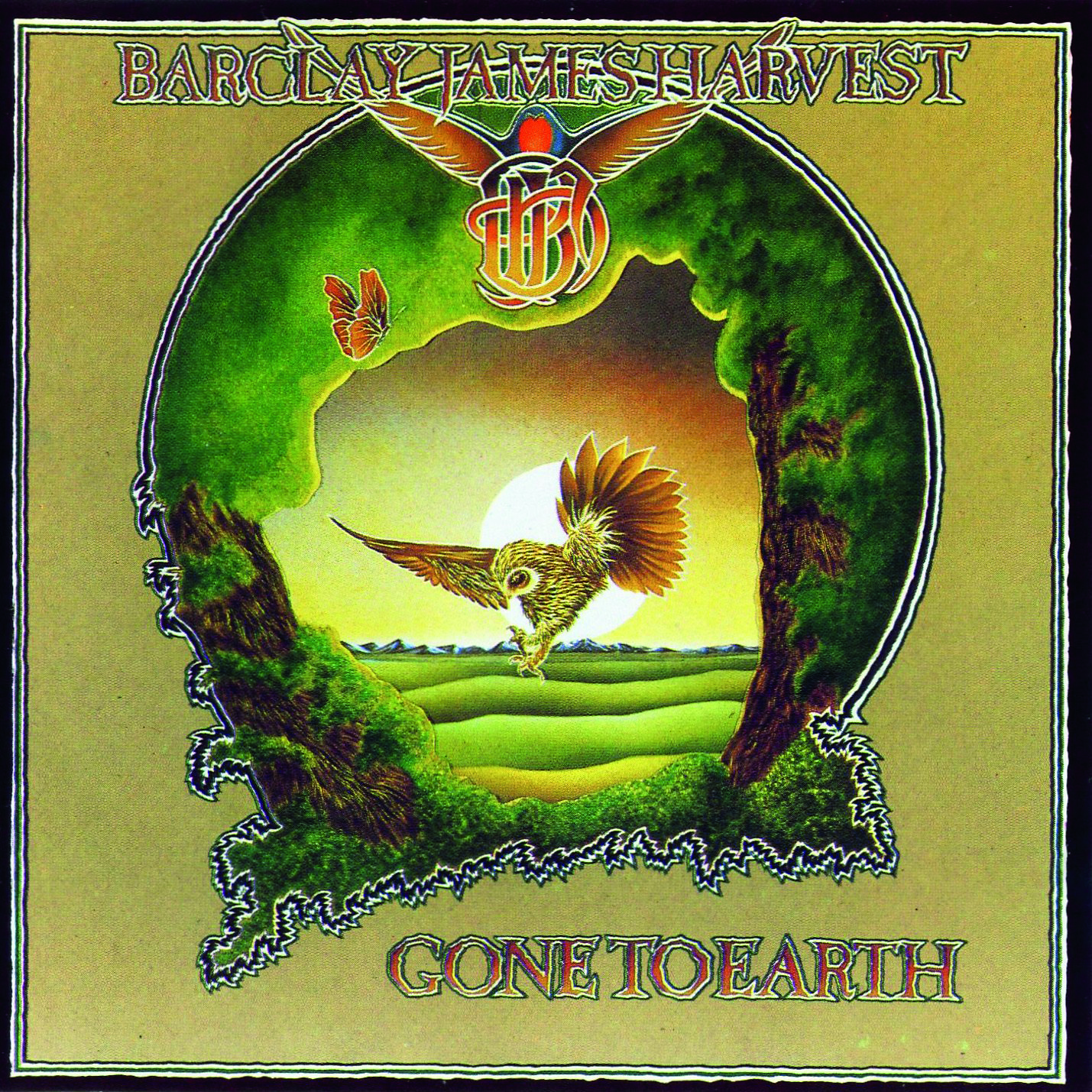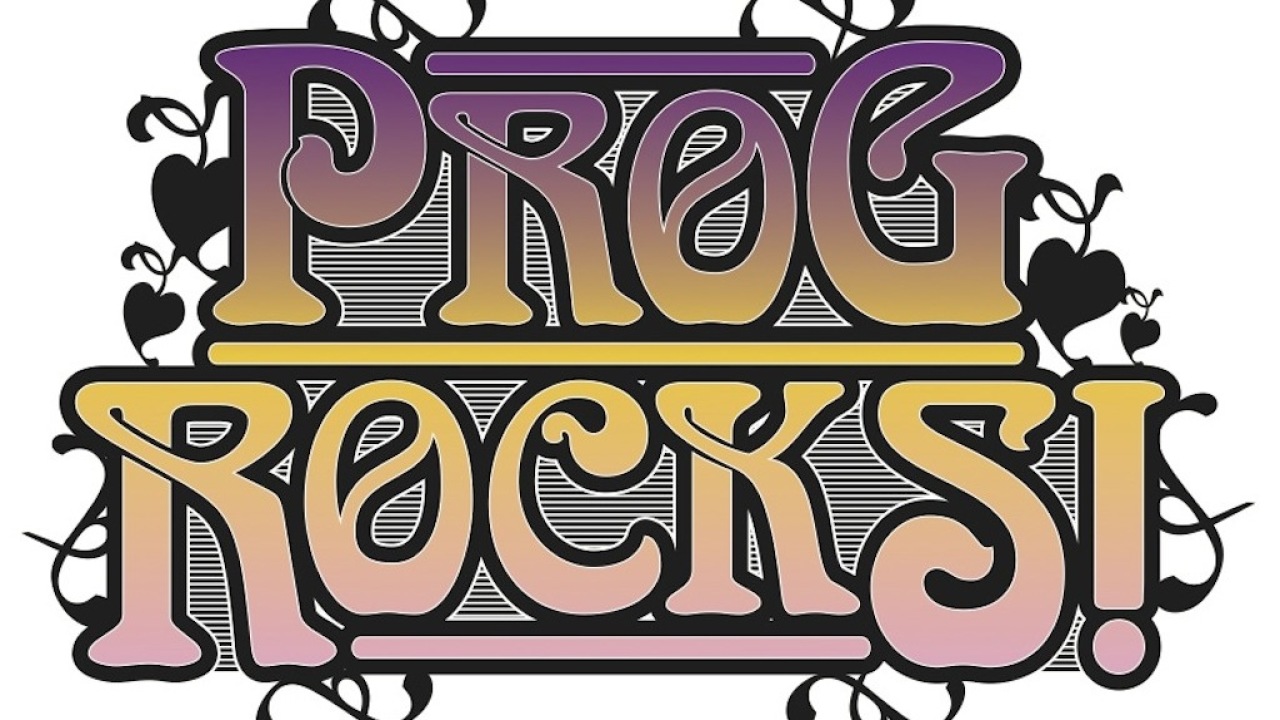Remastered and pressed on glorious vinyl as part of the Prog Rocks! campaign, these 11 albums showcase prog in all its pomp.
As part of their Prog Rocks! campaign, Universal proffer an 11-strong batch of new vinyl reissues, under the title of Back To Black. Featuring some of the genre’s well-known names, the set might still leave you no closer to a definitive answer as to what progressive music actually is. But then prog always preferred to ask questions of its listeners. We can tell that immediately from the four earliest releases featured in this series of classic prog (or prog-related) albums. After all, what musical, artisticor philosophical traits do Faust share with Caravan? Or Egg with Van der Graaf Generator? Answers on a lavishly illustrated gatefold sleeve please… VdGG were one of the genre’s early pioneers, but the singular, sci-fi vision of frontman Peter Hammill was very much to the fore by 1970, when they made their second album, _The Least We Can Do Is Wave To Each Other. _
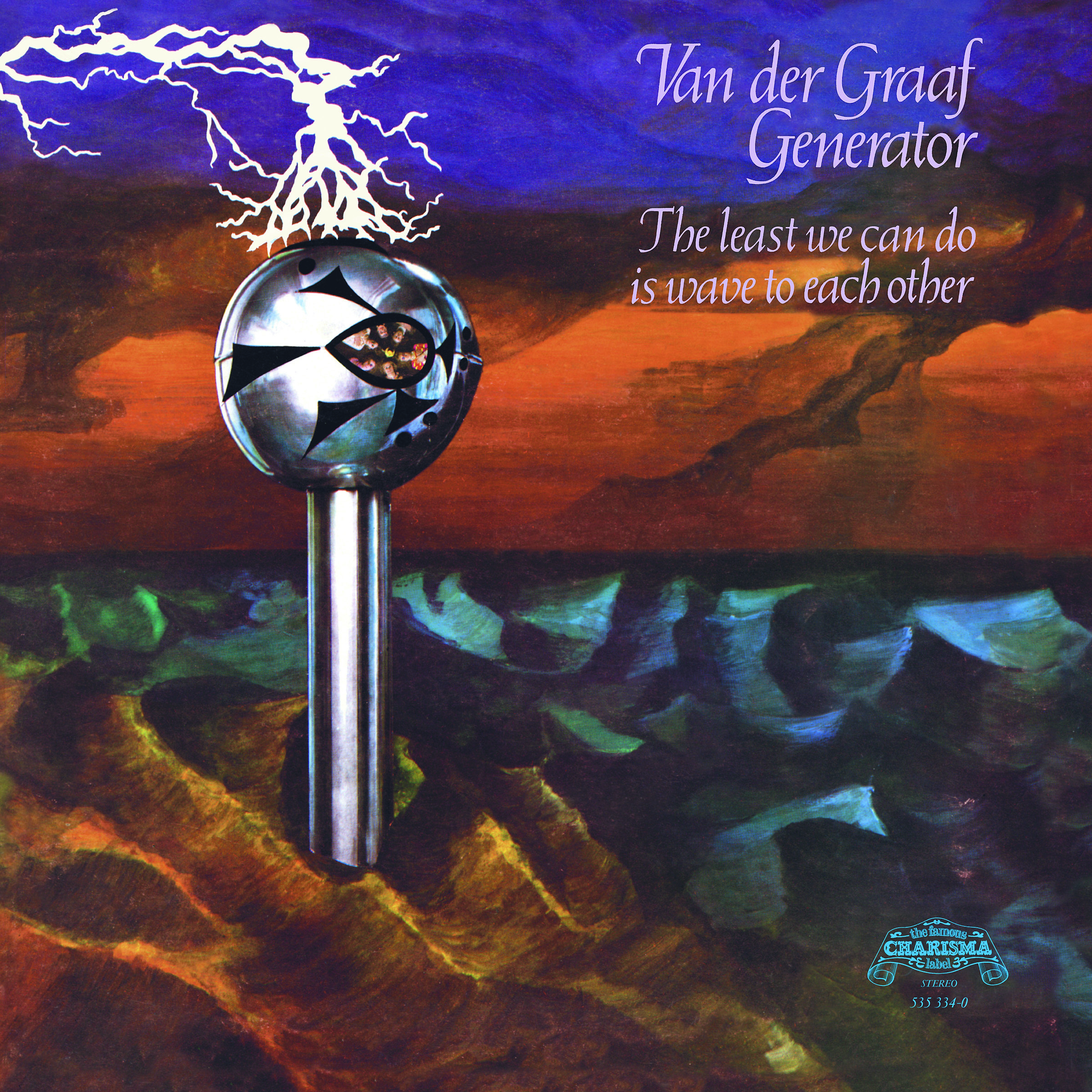
Here his space-cadet lyrics and theatrical vocal delivery are at their most beguiling, as Hammill presents a post-apocalyptic world that is initially brightened by the sun-dappled, flute-soothed optimism of Out Of My Book and Refugees, a sweet paean to lost friends. However, we’re soon plunged into staccato, sax-strewn uncertainty, then organ-stabbing discord until, on After The Flood, Hammill concludes that humanity faces ‘TOTAL… ANNIHILATION!’ Not the cheeriest message to start the Cold War-gripped 1970s with, but riveting stuff. Hammill’s solo output, represented here by 1974’s The Silent Corner And The Empty Stage, was even more challenging. Highlights include the darkly surreal_ Modern_ and the epic, writhing self-loathing of the 12-minute final track, A Louse Is Not A Home. Caravan could easily claim to have been the first band to coin the phrase ‘progressive rock’ in the sleeve notes to their 1968 debut album. But their best-known release, 1971’s In The Land Of Grey And Pink, resides firmly on the more accessible beginner slopes of Mount Prog.
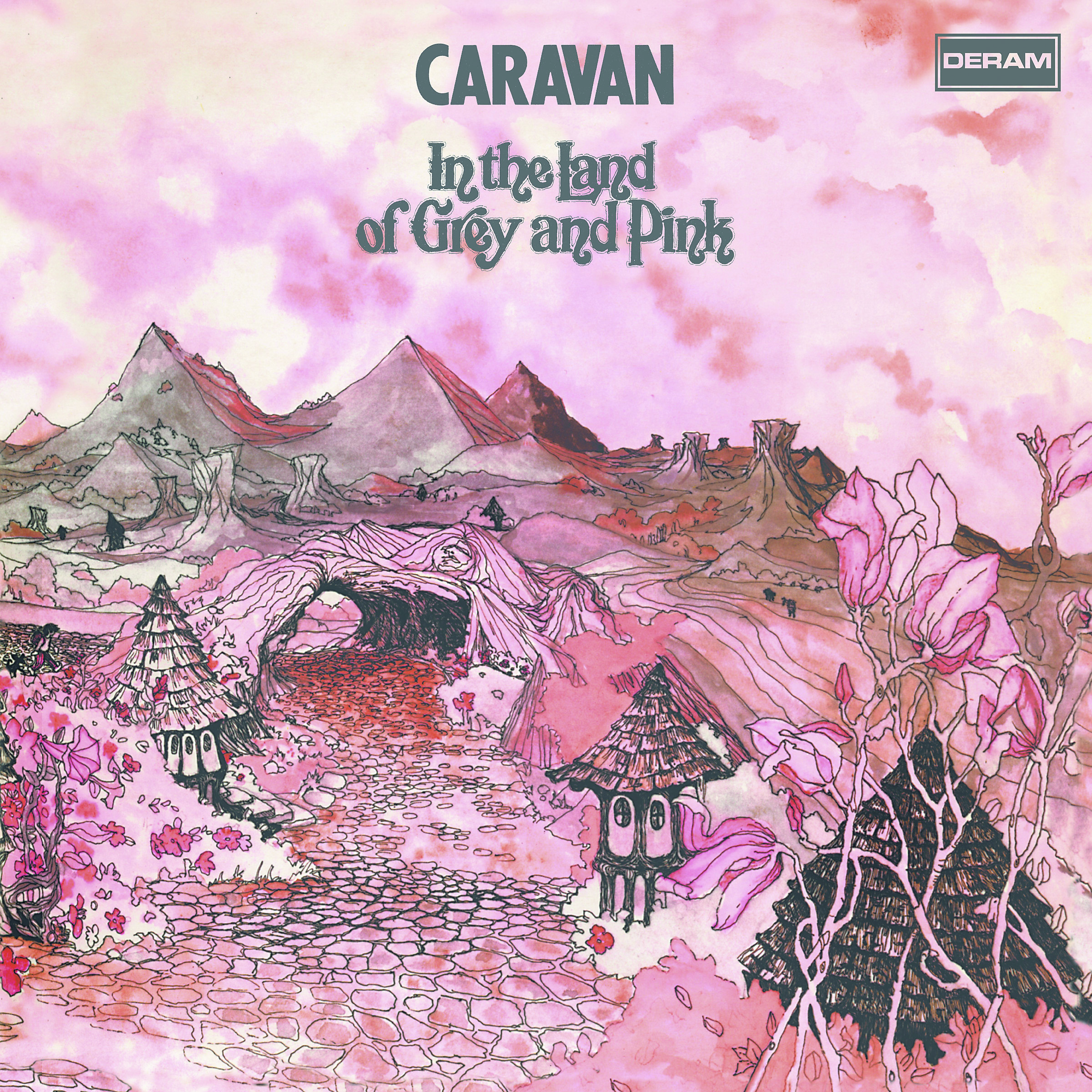
There’s absolutely nothing wrong with that, as side one houses a collection of accessible oddball folk-pop that could charm in any era. Golf Girl’s cheekily suggestive ditty is followed by the coyly cute Love To Love You Too (And Tonight Pigs Will Fly), before the title track offers a sweet, jaunty reverie to a place ‘where the punk weed grows – we won’t need any money, just fingers and your toes’. Richard Sinclair’s gorgeous keyboard solos are a precursor for Nine Feet Underground, the more instrumentally-focused, jazz-inflected track stretching across side two. But even this incorporates the sublimely lilting piano ballad Disassociation; they just couldn’t help themselves.
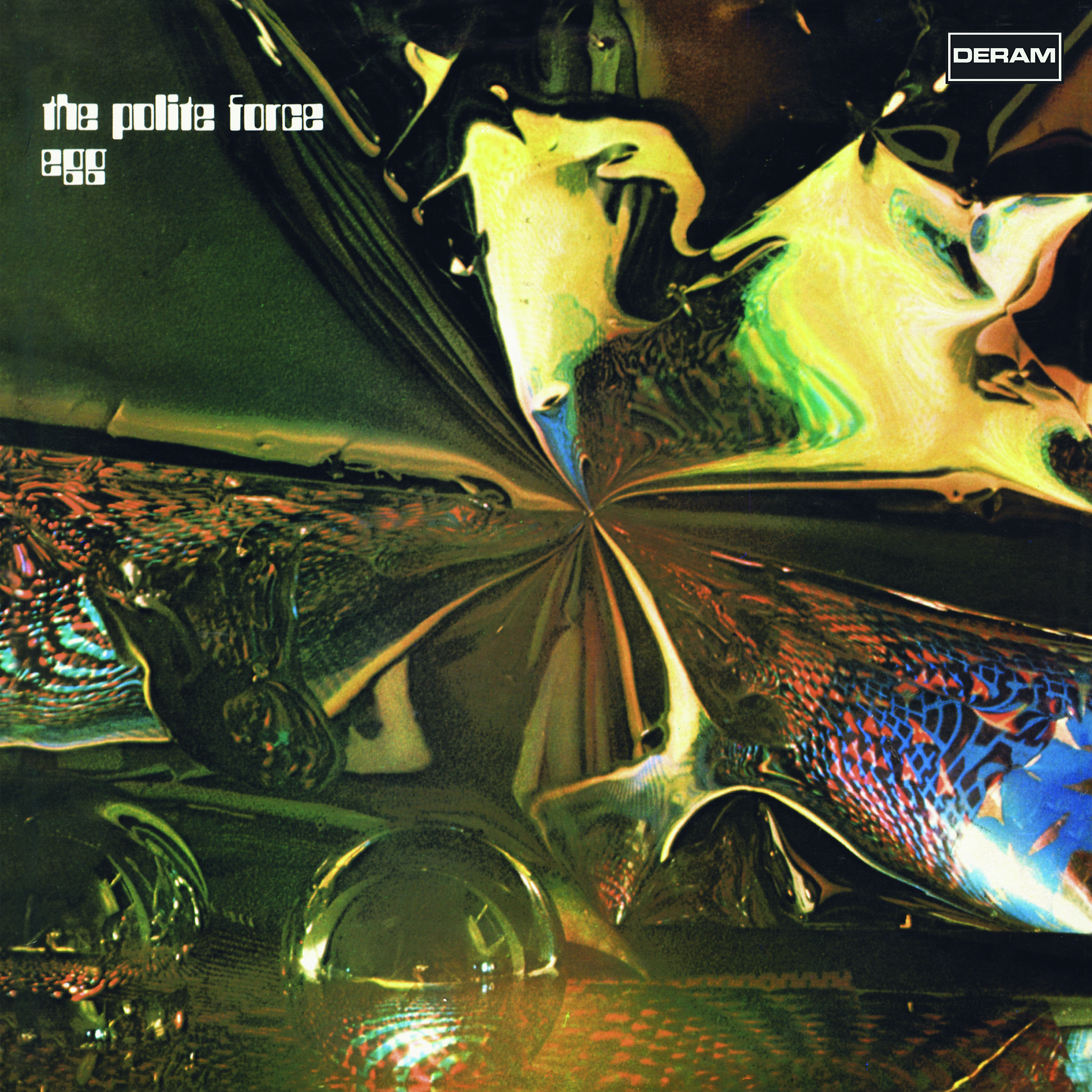
Few such pleasantries from Caravan’s Deram labelmates Egg, the London trio whose 1971 album The Polite Force is reissued in this series. After A Visit To Newport Hospital opens with a folky, semi-autobiographical rumination on their early days as a band, the plot thickens with the choppy time signatures and sardonic lyricsof Contrasong. On side two, the name alone of Long Piece No. 3 reflects their jazz and classical leanings, yet the repetitionof organ and piano motifs still makes for a truly hypnotic listen. Nonetheless, in the commercial friendliness stakes they sound like The Carpenters compared to the complete dismemberment of accepted song structures committed by German experimentalists Faust on their eponymous debut, released the same year. Faust would attain cult status among avant-hungry prog fans, and it’s clear why from the very first track. Why Don’t You Eat Carrots? features long passages of apparently random interference and snatched conversationin German, alongside a brass band riff that makes it sound as if the radio dial has stumbled onto the frequency of an alien civilisation. A bumpy ride then, yet their marriage of avant-garde styles, industrial noise and bass is strangely mesmerising, and final track Miss Fortune even throwsa loose-limbed, wah-wah drenched jam into this mind-bending brew.
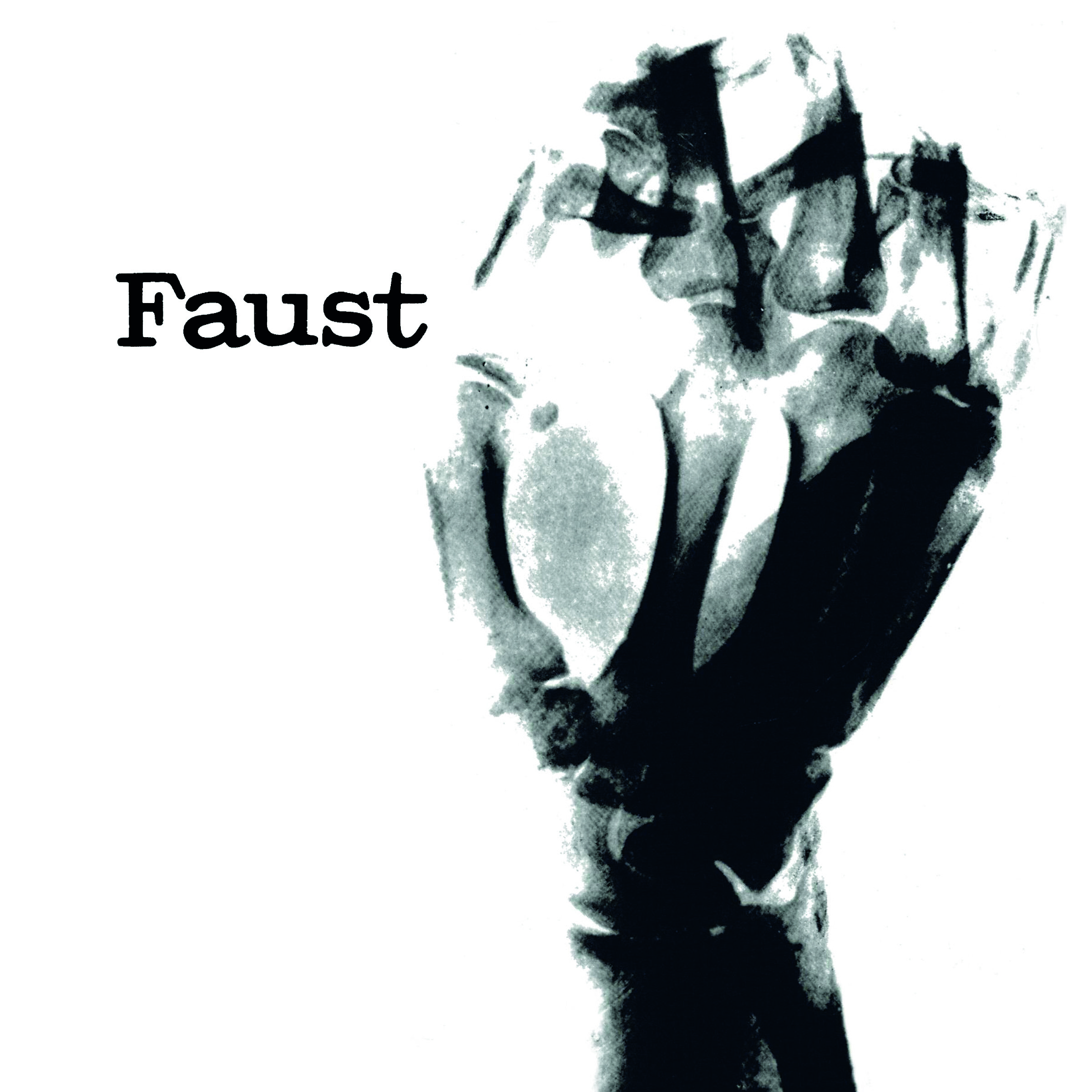
A similarly small but significant group of cognoscenti were captivated by the synth-borne instrumental dreamscapesof Faust’s compatriots and contemporaries Tangerine Dream. Edgar Froese’s Berlin-based trio would have an even greater influence, especiallyon ambient and electronic music. Phaedra (1974) remains their crowning achievement. It’sa sprawling, sumptuous, orchestrally-enhanced masterpiece that still sounds contemporary, not least because technophile artists borrow from its expansive, trippy template today.
The rise of those acts reflected just how skilfully and originally some musicians around the world were adapting British and American rock stylings to their own original vision. Greek trio Aphrodite’s Child, featuring would-be soundtrack kingpin Vangelis Papathanassiou and future romantic crooner Demis Roussos, created one of the most stunning, surreal visions of the era in the shape of their 1972 album 666. This biblically-inspired concept set encompasses a wildly eclectic array of psychedelic sketches, which lurch from the faux beatpop Babylon through the majestic pomp-rock anthem The Four Horsemen to the Isaac Hayes-style funk of The Beast. Allof which helps make it oneof European prog’s finest hours.
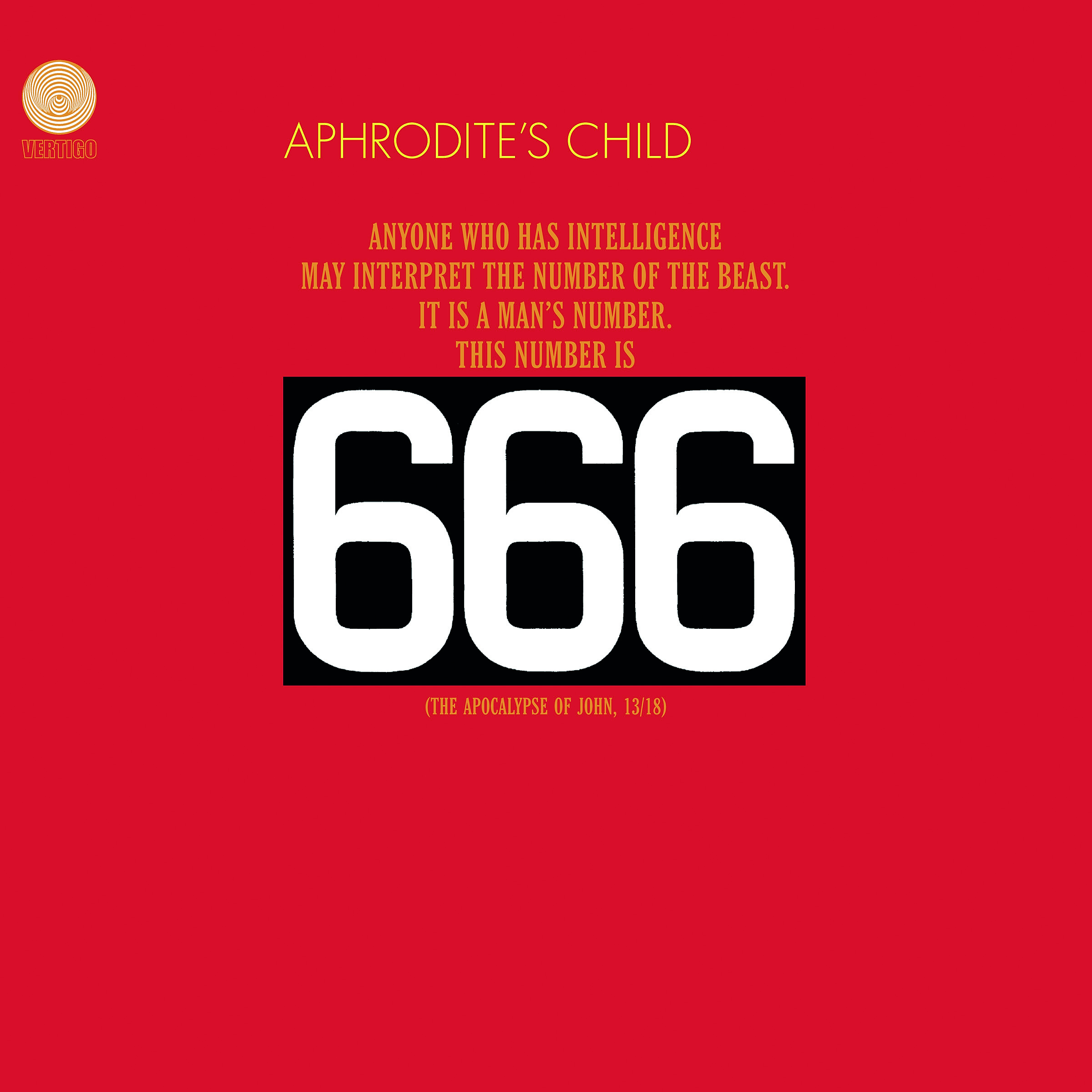
Back in Blighty, meanwhile, prog was peaking in popularity, which meant that Surrey quartet Camel found a highly receptive audience for their third outing, Music Inspired By The Snow Goose.Based on a Paul Gallico novella, it marries rock instrumentation with classical flourishes as skilfully as any record of the era, while elsewhere almost techno-like loops and haunting backing vocals contrast with Andy Latimer’s supremely emotive electric guitar. While this is a sound rooted in rock’n’roll, it’s a powerful reminder that the artform had come a mighty long way since Heartbreak Hotel. The following year’s Moonmadness reintroducedvocals, lending Floydian flavours to sublime, floating explorations such as Song Within A Song, but the result was equally intoxicating.
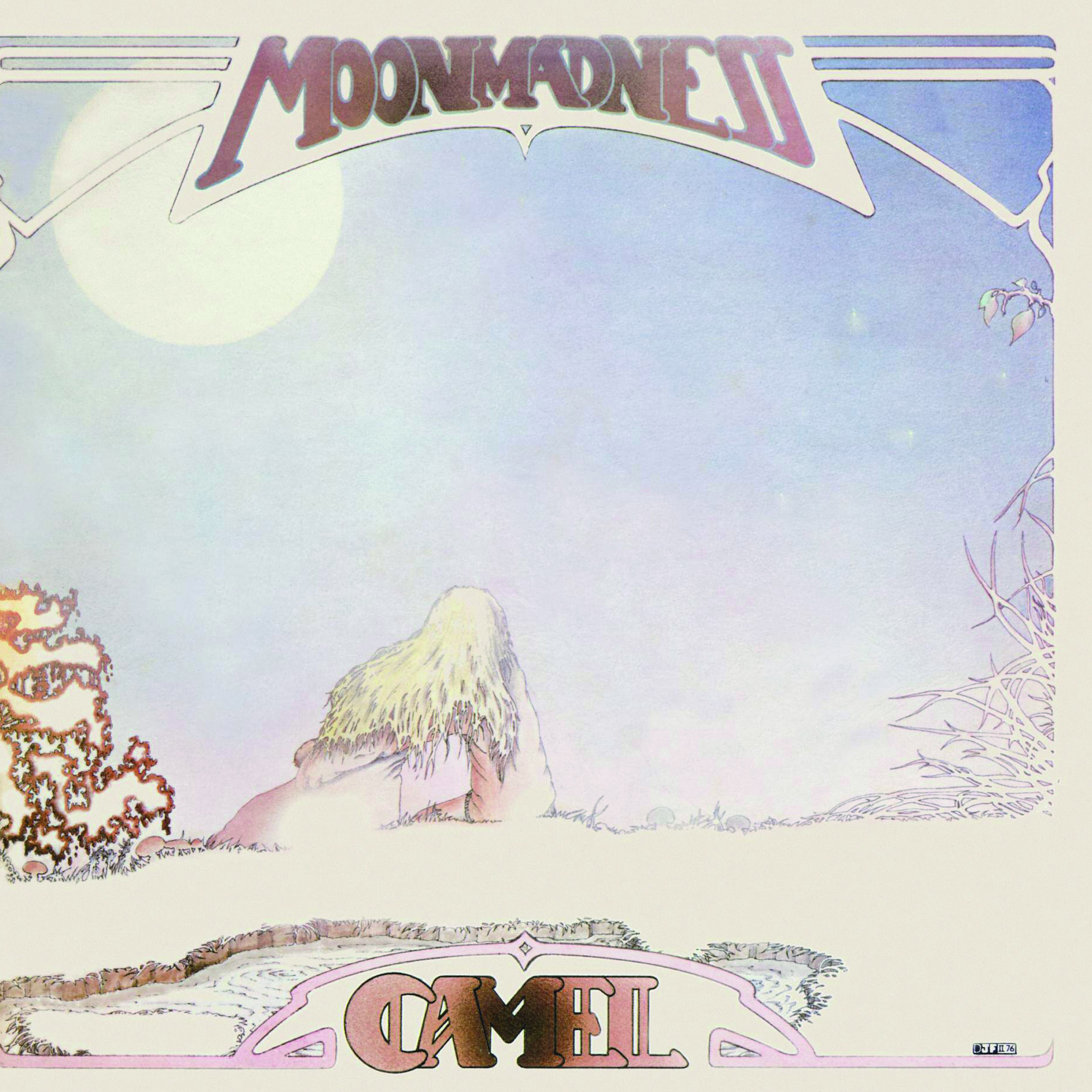
By this time, while some of prog’s leading lights were conducting an arms race of complexity and technical grandstanding, others were realising that melody was their strongest suit. Barclay James Harvest’s 1969 debut is a slice of fine northern psychedelia, but by 1974 they had let their talent for sweet, Crosby, Stills & Nash-style country rock and blissful balladry shine through. That process bore fruit on their first album for Polydor, Everyone Is Everybody Else, wherein Poor Boy Blues’ gently stoned soft rock and For No One’s yearning plea for world peace seem to float on a cloud of breathy harmonies.
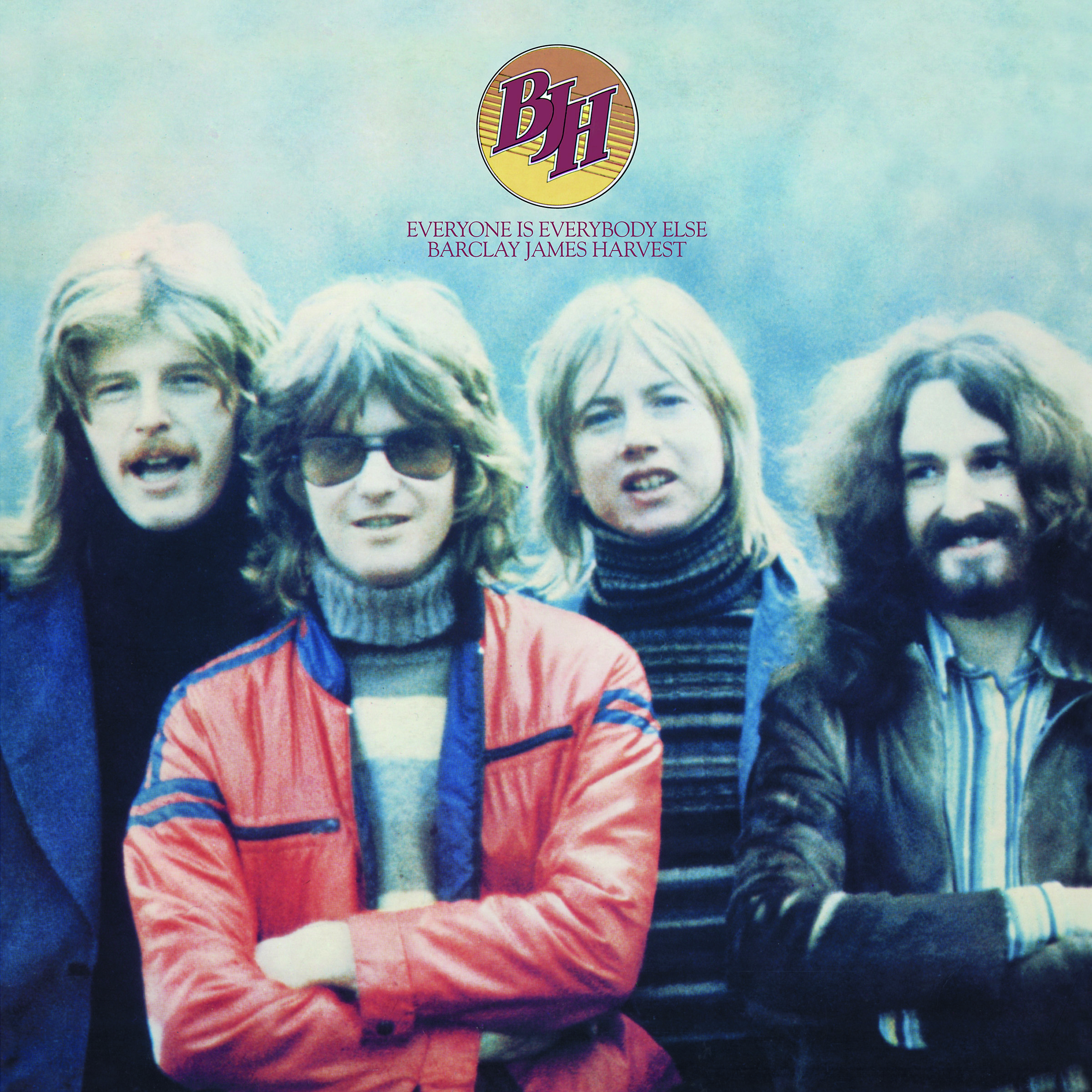
Gone To Earth (1977) was just as strong, with the opening track Hymn proving to be one of their most enduring compositions.By this time they had more in common with the AOR likes of The Eagles and REO Speedwagon, but the sheer strength of songwriting means that BJH would have succeeded in any genre. Of course, the join-the-dots version of music history has it that by this time, prog rock had been rendered obsolete by punk. But the fact that Universal have re-pressed these albums on vinyl and we’re still enjoying them in the 21st century shows that while fashion will always be temporary, great art will always endure.
